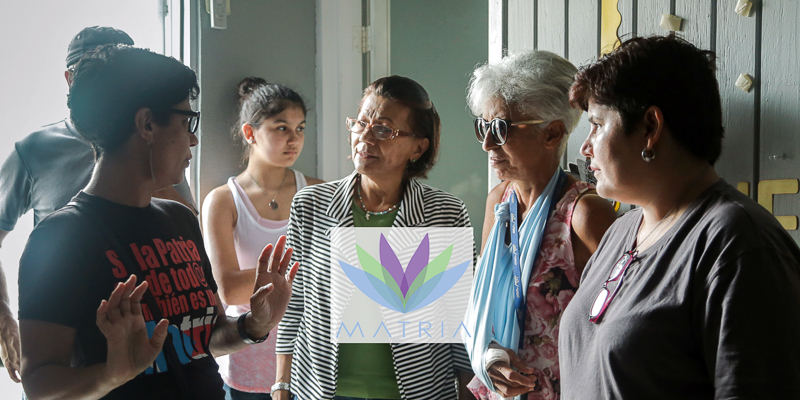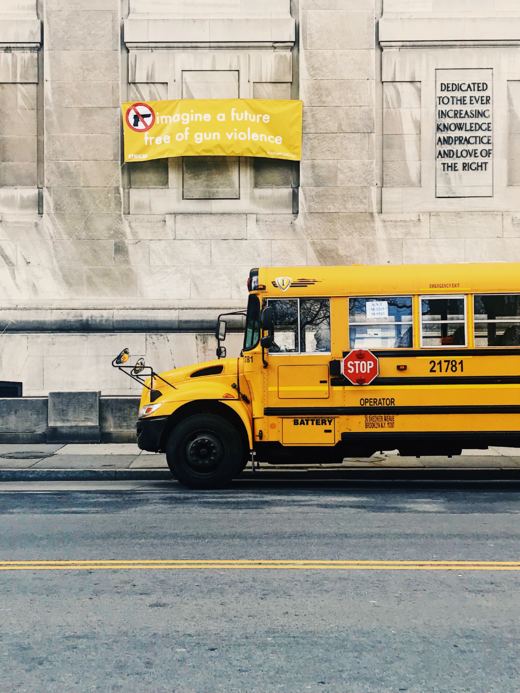International Human Rights Month 2018
By AdministratorDecember is International Human Rights month, celebrating the adoption of the Universal Declaration of Human Rights by the United Nations in 1948. The document states fundamental freedoms all humans are entitled to including freedom from discrimination based on race, color, sex, language, religion, political or other opinion, national or social origin, property, birth or other status. Other rights include freedom from torture, from arbitrary arrest and detention, and arbitrary interference of privacy. Equally the document declares everyone's right to be presumed innocent until proven guilty, to seek asylum in other countries, to enter into marriage only will free and full consent, and freedom of thought.
FBB envisions a world where these human rights are realized across the earth. For our Human Rights category of giving in our Humanist Grants program, we seek organizations that have compassionate, effective programs working to actualize these rights for people for whom they are or have been denied. Our Human Rights beneficiaries from the last year are work to end gun violence, support the poorest women in Puerto Rico recover from last year's hurricanes, support girls going to school rather than being forced into marriage, and work for a fair and equitable criminal justice system in the US.
Take a look at FBB's Human Rights beneficiaries over the past year.
 Girls Not Brides is a global partnership of more than 800 civil society organizations all around the world committed to ending child marriage and enabling girls to fulfill their potential. They are an umbrella organization that does the research and effectiveness studies that are used to provide roadmaps for local partners to work together.
Girls Not Brides is a global partnership of more than 800 civil society organizations all around the world committed to ending child marriage and enabling girls to fulfill their potential. They are an umbrella organization that does the research and effectiveness studies that are used to provide roadmaps for local partners to work together.
Their research is bringing local, community organizations together to be stronger and more effective. Girls Not Brides works with experts to create theories of change and roadmaps for local organizations, but their strategies are member tailored to address specific issues that members identify in their communities.
 Proyecto Matria is local organization working to help the women of Puerto Rico become self-sufficient in order to overcome situations of violence and gender discrimination. Founded in 2004, they empower women with services as far reaching as housing services, which is vital in the wake of the destruction, but also with education, psychological support, and job assistance in the form of small business incubators and microcredit services.
Proyecto Matria is local organization working to help the women of Puerto Rico become self-sufficient in order to overcome situations of violence and gender discrimination. Founded in 2004, they empower women with services as far reaching as housing services, which is vital in the wake of the destruction, but also with education, psychological support, and job assistance in the form of small business incubators and microcredit services.
 The Sentencing Project has over 30 years of experience in the field of fair and equitable sentencing practices. They work under a series of important and often overlapping key ideas: fair sentencing, incarceration, felony disenfranchisement, racial disparity, drug policy, juvenile justice, women, and collateral consequences.
The Sentencing Project has over 30 years of experience in the field of fair and equitable sentencing practices. They work under a series of important and often overlapping key ideas: fair sentencing, incarceration, felony disenfranchisement, racial disparity, drug policy, juvenile justice, women, and collateral consequences.
The Sentencing Project explains its work as “include[ing] the publication of groundbreaking research, aggressive media campaigns, and strategic advocacy for policy reform.”
They bring awareness regarding the disenfranchisement of Americans with felony convictions. Priorities include families struggling without food aid because of drug offenses, the effects of sentencing practices on children, and racial inequities that are pervasive through our criminal justice system.
 A nonprofit online news outlet focused exclusively on researching and reporting gun violence, The Trace incorporates possible solutions to the gun violence epidemic into their reporting. They believe that the gun violence problem is exacerbated by lack of knowledge.
A nonprofit online news outlet focused exclusively on researching and reporting gun violence, The Trace incorporates possible solutions to the gun violence epidemic into their reporting. They believe that the gun violence problem is exacerbated by lack of knowledge.
They divide this lack of knowledge into four elements: 1. US residents lack awareness of how many lives are lost by firearms, 2. the national conversation is missing the big picture–headlines are focused on mass shootings, but they only comprise 2% of gun deaths, 3. gun violence data and records do not exist or are not public, and 4. the NRA operates in secrecy, distributes misinformation, and has increasing political influence.
The Trace is remedying this lack of knowledge and understanding by clarifying the problem. For example, they have created an interactive map with every incidence of gun violence in the US. They also direct attention to the communities most affected by gun violence, which are largely communities that are marginalized in other ways as well. Far more people are killed with handguns than assault-style rifles, while everyday gun violence hits marginalized populations the hardest. Nearly half of gun homicide victims are young black men. American women make up nearly 90 percent of the female gun violence victims recorded by all wealthy nations.
